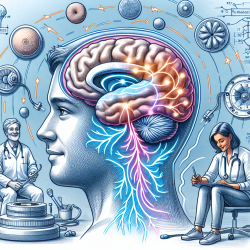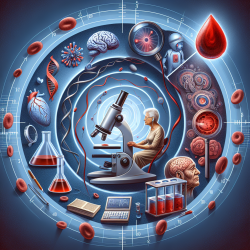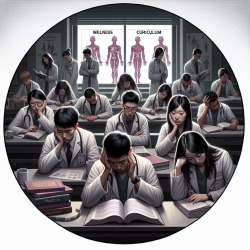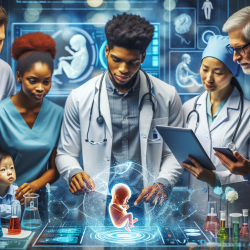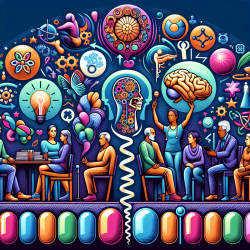Introduction
Aphasia, a language impairment affecting millions globally, often results from stroke. Traditional speech and language therapies (SLT) offer modest benefits, leaving many with residual language deficits. However, recent research highlights promising neuromodulation techniques that could revolutionize aphasia treatment.
Understanding Neuromodulation
Neuromodulation involves altering brain activity using external or internal methods. Techniques like transcranial direct current stimulation (tDCS), repetitive transcranial magnetic stimulation (rTMS), and functional MRI (fMRI) neurofeedback have shown potential in enhancing SLT outcomes for post-stroke aphasia patients.
Key Findings from Recent Research
- tDCS: Studies reveal significant improvements in language functions such as naming accuracy and speech production. Tailoring tDCS parameters to individual patients can optimize outcomes.
- rTMS: This technique has demonstrated efficacy in language recovery, particularly when combined with SLT. It helps modulate brain activity, promoting neural plasticity.
- fMRI Neurofeedback: Although in early stages, this method shows promise in allowing patients to self-regulate brain activity, potentially enhancing language recovery.
Practical Applications for Clinicians
Clinicians can leverage these neuromodulation techniques to enhance traditional therapies. By understanding the individual patient's brain activity and tailoring interventions, practitioners can significantly improve language outcomes.
Encouraging Further Research
While these techniques show promise, further research is crucial. Clinicians are encouraged to explore these methods, contribute to ongoing studies, and share findings to refine and optimize aphasia treatment strategies.
Conclusion
Neuromodulation techniques offer a new frontier in aphasia treatment. By integrating these methods with traditional therapies, clinicians can unlock new possibilities for language recovery in stroke patients.
To read the original research paper, please follow this link: Targeted neurorehabilitation strategies in post-stroke aphasia.
